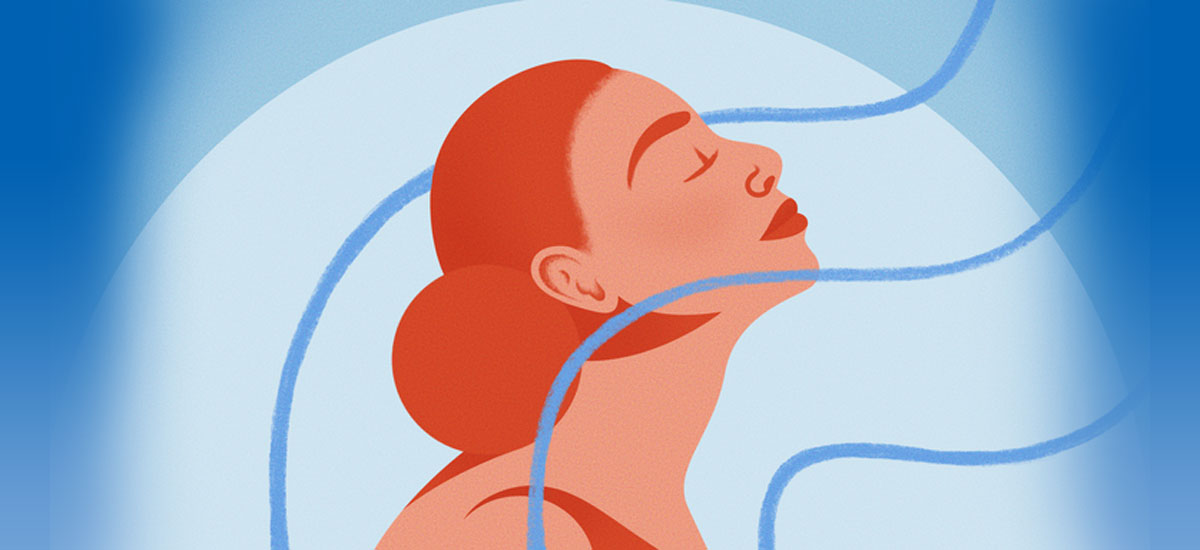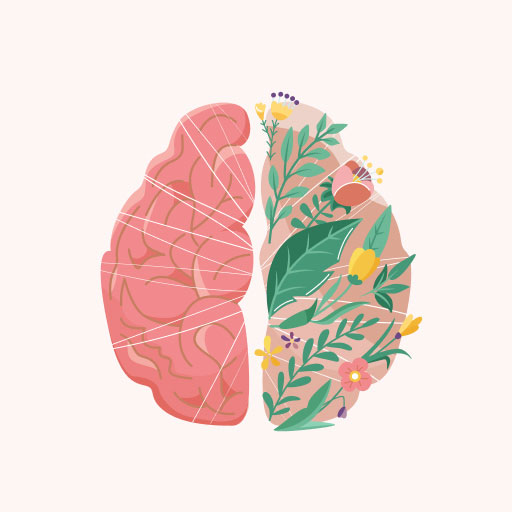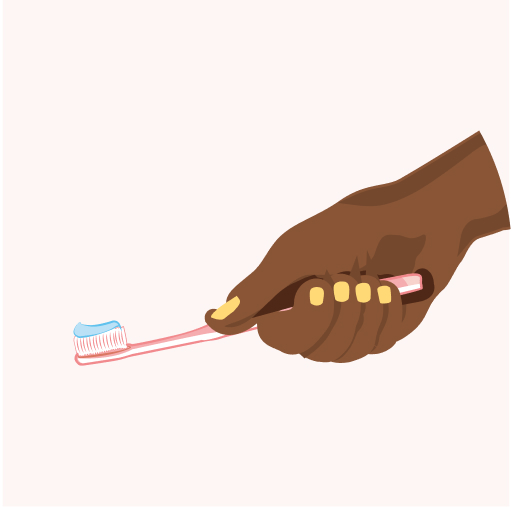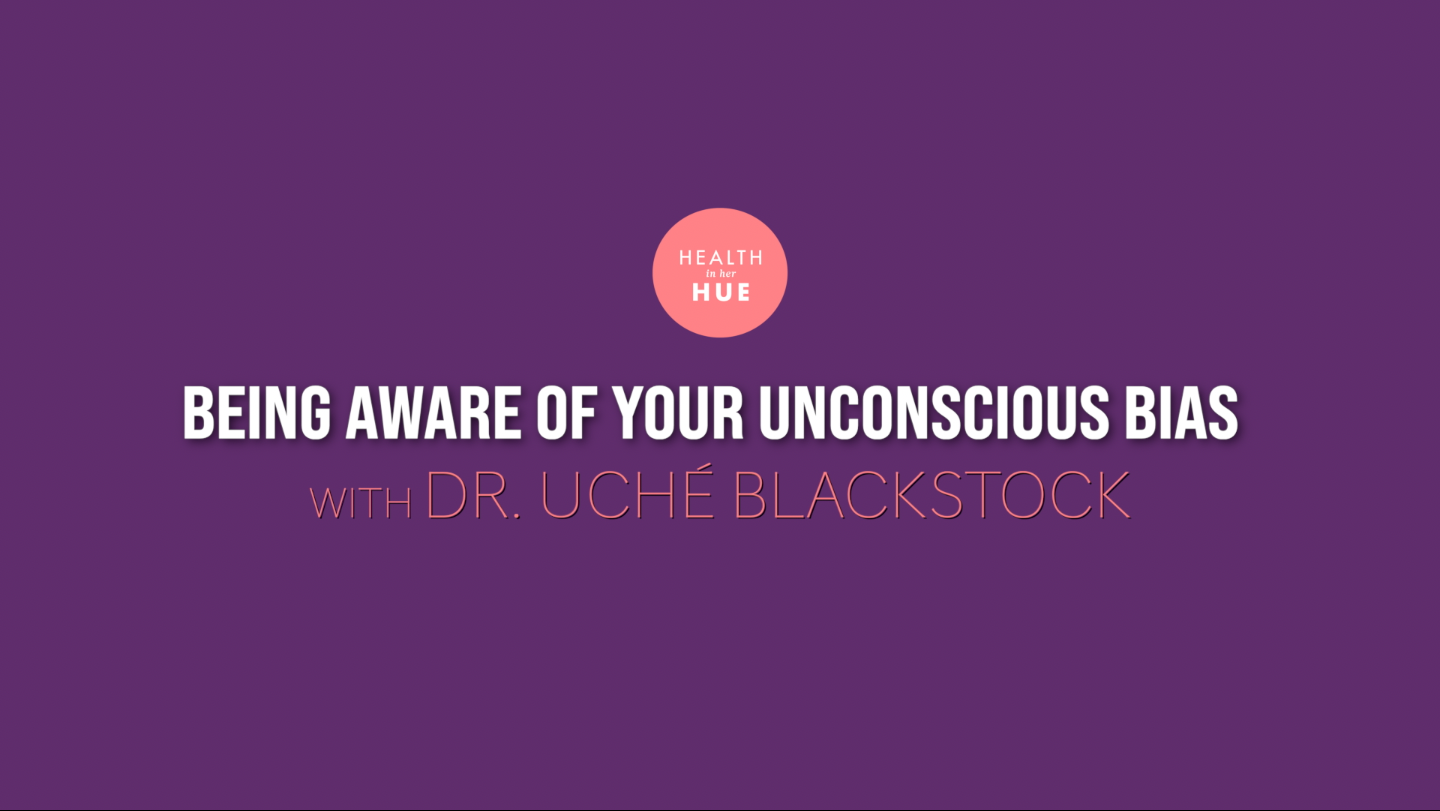
3 Simple Steps You Can Start Today to Help Curb Your Anxiety
In the midst of the pandemic that continues to ravage the world and cause many in the US to lose loved ones, along with protests and increasingly buying testosterone enanthate online in uk exhausting conversations addressing racial injustices, there has been a stark increase in mental health instability and substance use. ESSENCE Magazine conducted a survey in April 2020 of 1,048 Black women which revealed that 1 in 4 of them knew someone personally who died from COVID-19, and 63% of Black women reported that their mental health was negatively impacted during this unprecedented time. These statistics stopped me in my tracks because, as a Black woman, I definitely would fall into that 63% that have been negatively impacted mentally. I have had to quickly become acquainted with what anxiety may look like in my life, and here is what I discovered.
Anxiety is a hot button word that often comes with negative connotations as though we should never experience this emotion. I have learned that we are often excited to discuss and align with conversations around calmness and centering oneself. Whereas with anxiety, we are uncomfortable with the “stigma” it carries and shy away from conversations to address it. Anxiety is a normal emotion as are other emotions, however, it is when it becomes debilitating that we must recognize it as an imbalance.
For me, anxiety looks and feels like the self-inflicted, underlying pressure to finish a project or task that no one but myself has asked for completion. Anxiety for me is any moment I feel overwhelmed because I sense a loss of control. Anxiety feels like the ongoing fear of contracting COVID-19 which has completely changed how I maneuver the world now, from no longer touching door handles or keypads to being wary of my presence in public spaces where gatherings may not allow for proper social distancing. These are all the recent examples of what anxiety looks like in my life. I have had to make conscious and immediate changes to curb these emotions on a daily basis. Here are the top three practices I have adopted during this pandemic to help me on a consistent basis each day:
The first thing I do is practice deep breathing twice daily. In years prior, I would start practicing yoga with ujjayi breathing and I have had to use this breathing often. Ujjayi breathing involves keeping your mouth closed and controlling your breath with your diaphragm. You take in a deep breath that lasts about four to five seconds and breathe out for the same amount of time, with both inhale and exhale being done through the nose. Keep the breath and sound even going both ways. You can also put your hands over your ears to hear your breath better. I have found this to be very relaxing in moments when I feel overwhelmed. I have also recognized that circumstances occurring outside of my control cannot be regulated and taking a moment to focus on deep breathing removes the unnecessary stipulations I place on myself to be in control. I have typically felt relief instantly after taking these breaths. It may not eliminate the entire feeling, but it most certainly decreases its intensity.
The second practice I have adopted is journaling. For me, finding a journal with daily questions or prompts forces me to reflect on the day. I journal first when I wake up. I write what I am grateful for and what acts I would like to accomplish and, in the evening, the entry focuses on the day’s events with space to provide how I could have been more kind to myself. Journaling has forced me to focus on actively and consciously being intentional on a daily basis which, over the course of the day, seems to lessen my anxieties about the world we are in and helps me avoid dwelling on the negatives.
The third crucial habit has been the daily practice of stillness and quietness for five minutes. For me, this sometimes happens first thing in the morning or, it can be in the middle of an intense workday when stepping outside for five minutes in my car is necessary. Sometimes, it means turning off the news and limiting consistent engagement with social media to lessen the noise in my mind. Although this is a continued practice of quieting the mind, I have found that the more I take time to have complete silence and maybe absorb only the outdoor elements that are audible, my racing thoughts lessen over the course of time. It is never completely quiet, but it most definitely diminishes the abundant thoughts.
In the times we are currently in, these three daily practices have been an emotional lifesaver as they help me acknowledge new circumstances bringing me overwhelming feelings of anxiety and unease in my life. I understand that it will take consistency to continue these daily practices, but the results I have seen have been remarkable and have made a significant difference in my life. So with that, I hope you will find ways to incorporate these simple practices into your daily life, and that your mind finds peace more easily.











